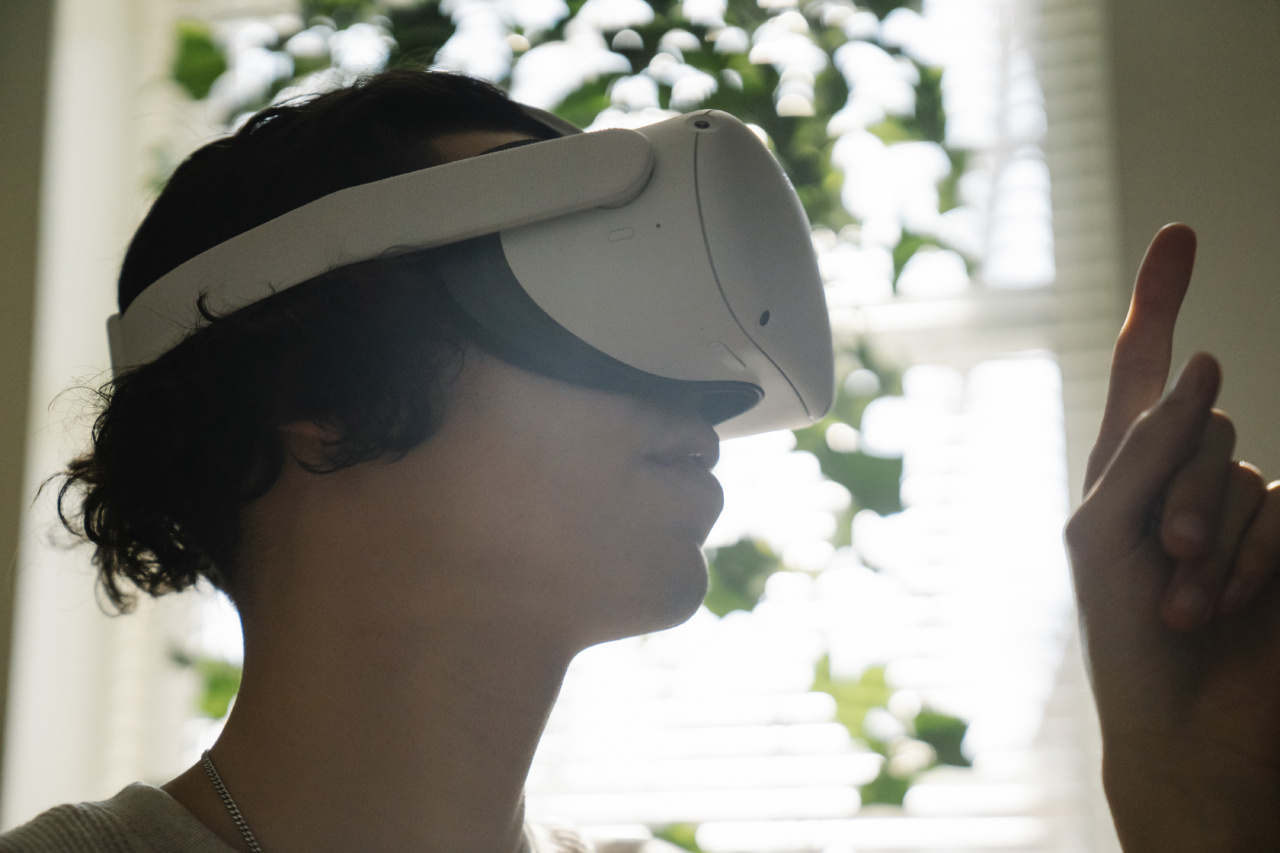As people age, they are at greater risk of experiencing conditions like visual impairment and dementia. While these two conditions might not seem to be related, recent research has uncovered an interesting connection between the two.
In this article, we will explore that connection, and the implications for those who have or are at risk of developing visual impairment or dementia.
What is Visual Impairment?
Visual impairment is a broad term that encompasses a range of vision-related conditions that can range from minor to severe.
Some examples of visual impairment include nearsightedness, farsightedness, cataracts, glaucoma, and age-related macular degeneration. Visual impairment can affect a person’s ability to perform daily activities like reading, driving, or recognizing faces.
What is Dementia?
On the other hand, dementia is a condition that affects a person’s cognitive abilities, such as memory, communication, and decision-making.
In many cases, dementia is caused by neurodegenerative diseases like Alzheimer’s, Parkinson’s, or Huntington’s disease. However, there are also other causes of dementia, such as strokes, head injuries, or infections. Dementia is a progressive condition that gets worse over time, and there is currently no cure.
The Connection between Visual Impairment and Dementia
Recent research has shown that visual impairment and dementia are interconnected. Specifically, people with visual impairment are at a higher risk of developing dementia than those without.
Likewise, people with dementia are more likely to have visual impairment than those without dementia. This connection is thought to be due to a variety of factors, including:.
- Both visual impairment and dementia are more common in older people.
- Visual impairment can lead to social isolation and a decrease in cognitive stimulation, which are both risk factors for dementia.
- The neural pathways involved in vision and cognition are interconnected, meaning that changes in one can affect the other.
- Both visual impairment and dementia can be caused by similar underlying conditions like hypertension, diabetes, and stroke.
How Visual Impairment Can Affect Dementia
There are multiple ways in which visual impairment can affect dementia. First, poor vision can lead to decreased mobility and physical activity, which has been linked to an increased risk of cognitive decline.
Second, visual impairment can result in decreased social interaction and cognitive stimulation, which can also contribute to cognitive decline. Third, visual impairment can cause difficulty in completing daily tasks, which can increase dependence on caregivers, leading to feelings of frustration and reduced self-esteem.
All of these factors can worsen the symptoms of dementia and decrease the person’s quality of life.
How Dementia Can Affect Visual Impairment
Dementia can also affect visual impairment in several ways. For instance, people with dementia may have difficulty with depth perception, visual attention, or contrast sensitivity, which can make it harder to navigate their surroundings.
Moreover, the cognitive decline associated with dementia may make it harder to adjust to new or changing visual environments. This can lead to a decreased ability to complete daily tasks, increased dependence on caregivers, and a lower quality of life.
Treatment and Management
Both visual impairment and dementia are currently incurable conditions, but there are ways to manage and treat their symptoms.
For instance, vision aids like glasses, magnifiers, or assistive technology can help people with visual impairment to stay independent and engaged in daily activities. Similarly, medications and therapies can help manage the symptoms of dementia, such as memory loss, confusion, and mood changes.
Prevention and Risk Reduction
While there is no surefire way to prevent or cure visual impairment or dementia, there are steps that can be taken to reduce the risk or slow their progression.
For visual impairment, regular eye exams, a healthy diet, regular exercise, and avoiding smoking may help to maintain eye health and reduce the risk of conditions like age-related macular degeneration or glaucoma. For dementia, staying mentally and physically active, eating a healthy diet, avoiding smoking, and managing chronic conditions like hypertension and diabetes can all help to reduce the risk of cognitive decline and dementia.
Conclusion
Visual impairment and dementia are two conditions that can have a significant impact on a person’s quality of life. While they might not seem to be related, recent research has uncovered a connection between the two.
Understanding this connection can help healthcare providers to better diagnose, manage, and treat both conditions, and can help individuals to take steps to reduce their risk and slow their progression.





























